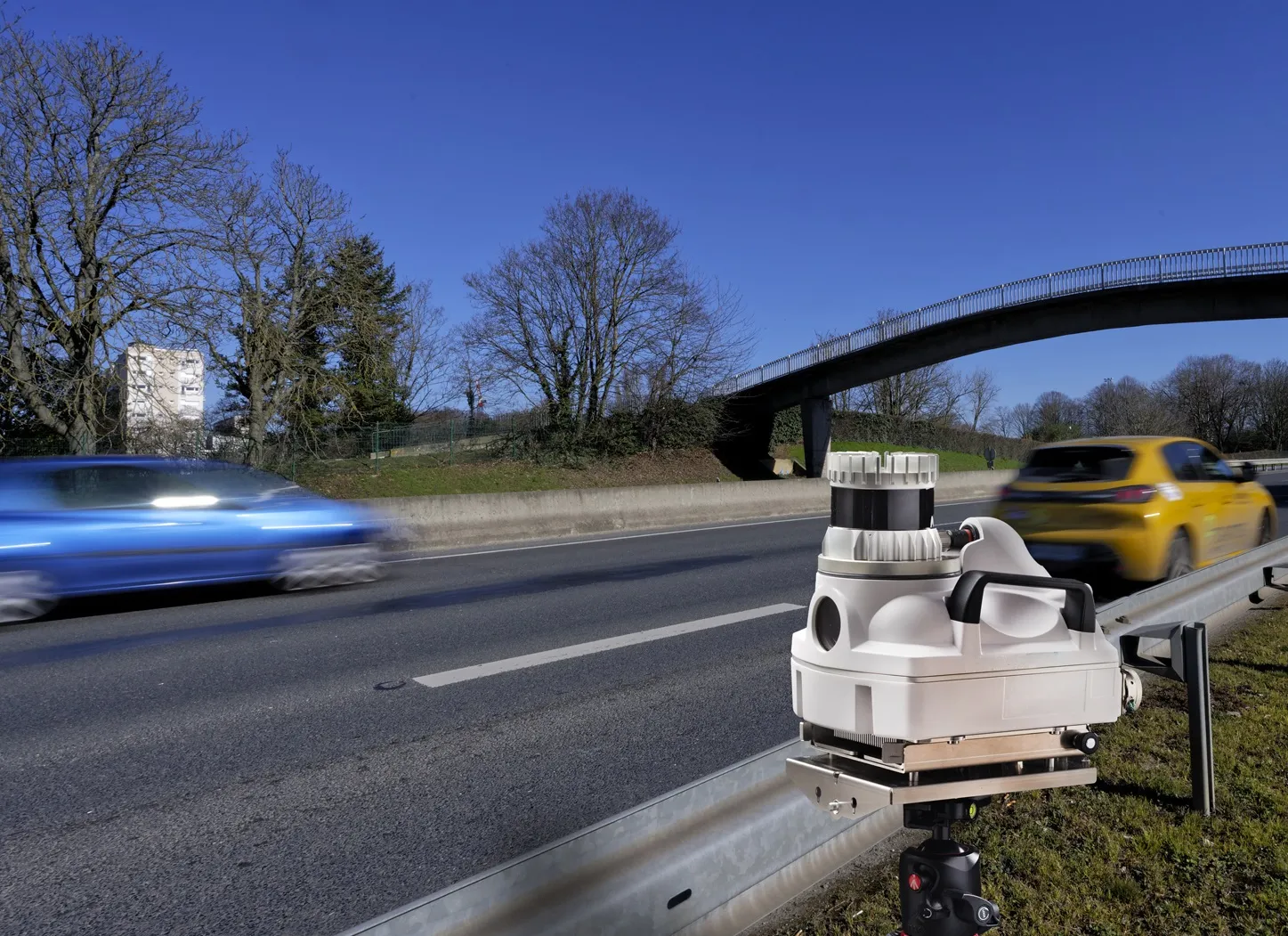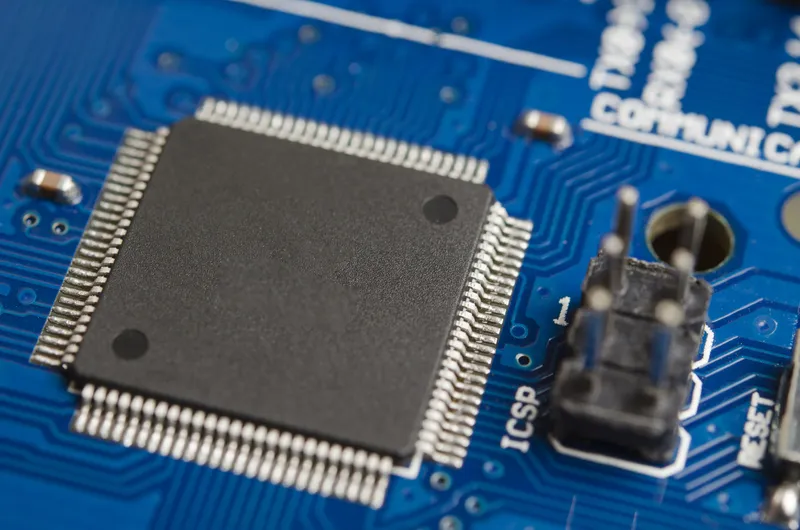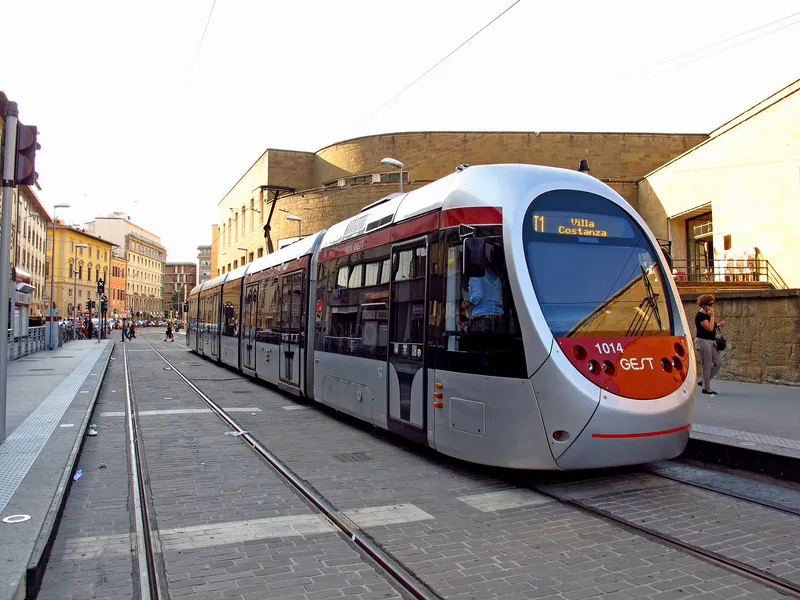
Three of Parifex's 3D-Lidar-based fixed and mobile speed cameras have been certified for use.
The mobile Nano-Cam and the fixed Nomad - designed for urban use - have been approved for speed enforcement, while the Double-Side Vigie highway speed camera has also been registered.
The products control speed from 30 km/h to 250 km/h on highways, national and local roads, and in cities.
3D technology provides better vehicle identification and classification as well as optimised vehicle tracking, including in heavy traffic, the manufacturer says.
They are all "highly resistant to extreme conditions and weather", Parifex adds.
The Nano-Cam is a light, compact and easily transportable sensor which includes autocalibration when put on its tripod for a faster set-up.
Its 3D-Lidar sensor provides 360-degree vision in order to collect real-time traffic data such as speed, dimensions, direction, and distance of all fixed and mobile objects.
"This is a significant step forward for people and goods safety on roads," said Parifex CEO Paul-Henri Renard.
"3D-Lidar technology is an innovation allowing us to develop additional features in order to improve drivers' behaviour.”









